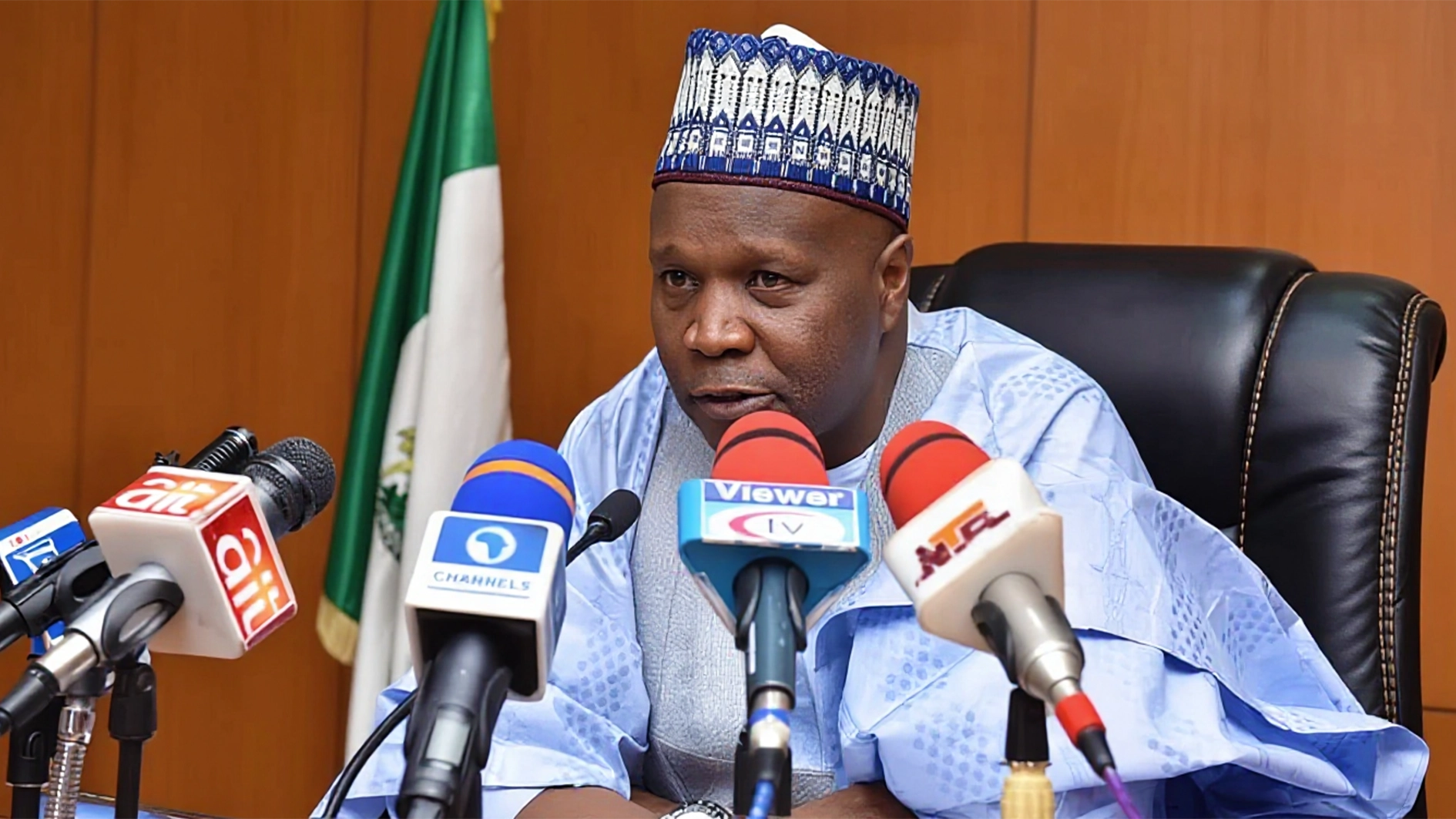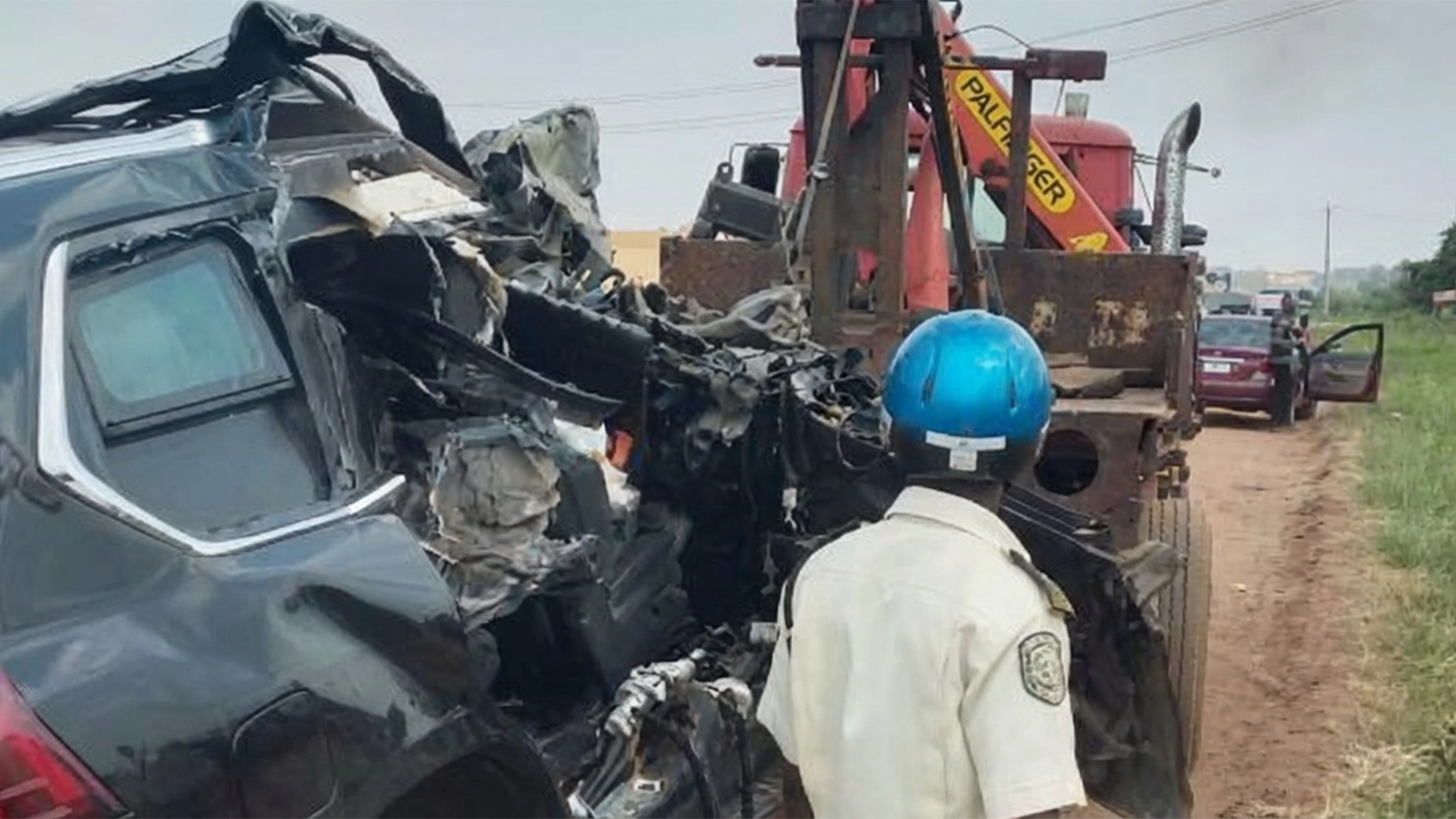A delegation of senior officials from the Nigerian government met with U.S. Congressman Riley Moore in Washington, D.C., on Wednesday to discuss security challenges and allegations of targeted attacks on Christians in Nigeria.
The meeting included the National Security Adviser (NSA), Nuhu Ribadu, the Minister of State for Foreign Affairs, Bianca Ojukwu, and other top security and diplomatic officials.
Mr Moore, who has previously described the situation in Nigeria as constituting a “Christian genocide,” said the discussion was “frank, honest, and productive,” focusing on alleged religious persecution, terrorist threats, and the potential for deeper U.S.–Nigeria cooperation.
He stressed that the United States “stands ready to coordinate and cooperate with Nigeria” and would not tolerate violence against Christians or other forms of religious persecution.
The congressman said he urged Nigeria to take “tangible steps” to protect Christians from violence and displacement, while emphasising the need to address threats posed by Boko Haram, ISWAP, and armed Fulani militants.
“President Trump and Congress are united and serious in our resolve to end the violence against Christians and disrupt and destroy terrorist groups within Nigeria,” he added.
Officials from the Nigerian side, however, have repeatedly challenged the narrative of a Christian genocide, describing it as “a gross misrepresentation of reality” and arguing that terrorist groups in Nigeria attack individuals across religious lines.
Security analysts and researchers have similarly noted that much of the data used to substantiate the claims cannot be independently verified.
The U.S. Congress has considered legislation, such as the “Nigeria’s Religious Freedom Accountability 2025 Act” introduced by Senator Ted Cruz, aimed at holding Nigerian officials accountable for alleged failures to protect Christians.
The discussion with Mr Moore forms part of a broader diplomatic engagement in which Nigeria continues to emphasise the need for cooperation on counterterrorism while contesting characterisations of targeted religious violence.
Mr Moore described the delegation’s visit as an opportunity to address ongoing violence in the country and urged Nigeria to strengthen security measures in partnership with international allies.
“We discussed protection of vulnerable communities, security assistance, and steps to reduce the bloodshed,” he said.
He added that the meeting was a step toward potential collaboration despite disagreements over the scale and nature of the threats.






